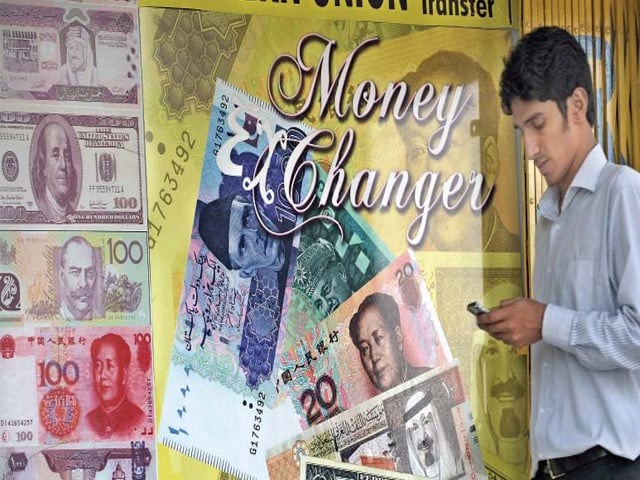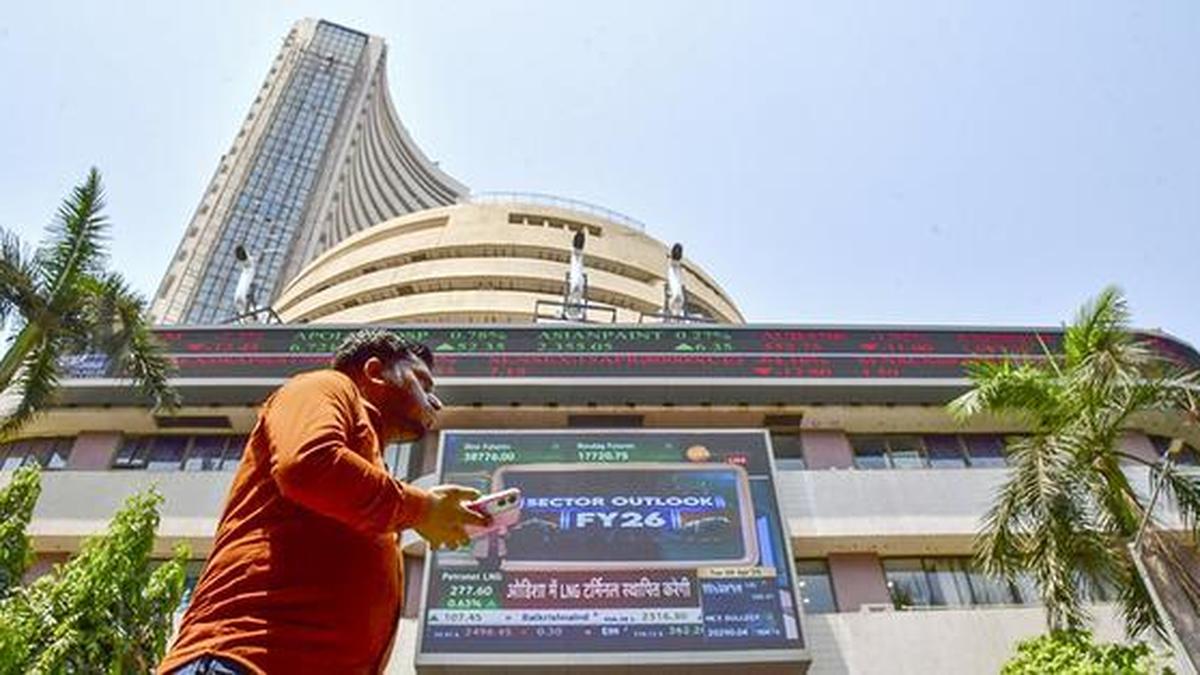BENGALURU:
Investors ramped up their bullish bets on most Asian currencies, a Reuters poll showed on Thursday, as worries about US trade policies under President Donald Trump continued to weaken the dollar.
Analysts increased their long positions on the Singapore dollar, the Indian rupee, the Thai baht, and the Philippine peso, according to a fortnightly poll of 10 respondents.
They also turned bullish on the South Korean won, the Taiwan dollar and the Malaysian ringgit for the first time since October.
The dollar notched its weakest monthly performance in 2-1/2 years in April, as tariff tensions ignited fears of a global economic slowdown and dented confidence in US assets.
However, the greenback has steadied recently upon signs of progress in broader trade negotiations, including with China, which faces the highest levies.
“With risk sentiment stabilising on tentative signs of a US-China de-escalation and the bond-vigilant US administration helping to curtail a UST sell-off, Asian currencies could be somewhat supported tactically,” Parisha Saimbi, an EM Asia FXLM strategist at BNP Paribas, said.
Long bets on the Philippines peso, which gained 2.6% in April, reached their highest since mid-September, with analysts at Barclays suggesting that the market narrative around the country being likely more-insulated from tariff threats remains intact.
The Philippines has not been spared from the global trade war triggered by Trump’s tariffs, but it faces a comparatively modest 17% levies compared to other Southeast Asian economies.
Analysts also trimmed their short positions on the Chinese yuan and the Indonesian rupiah but bets on the latter still remained firmly in the bearish territory.
The rupiah has been on a downtrend since March on concerns over fiscal health and government policies.
The currency’s sharp drop to a record low in early-April had prompted Bank Indonesia (BI) to intervene in the offshore non-deliverable forward market to support the currency, and the bank also held policy rates steady last week aiming to maintain rupiah stability.





